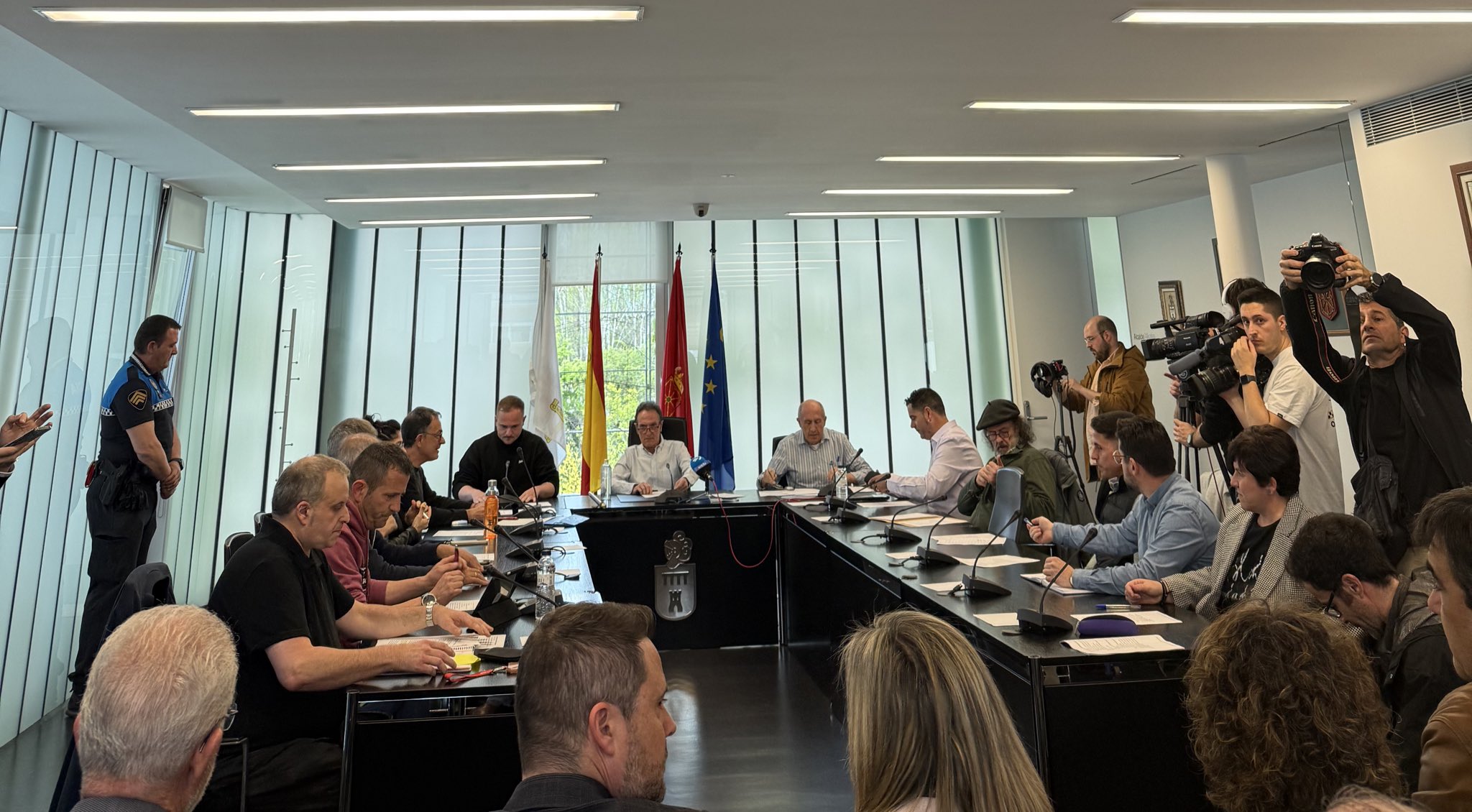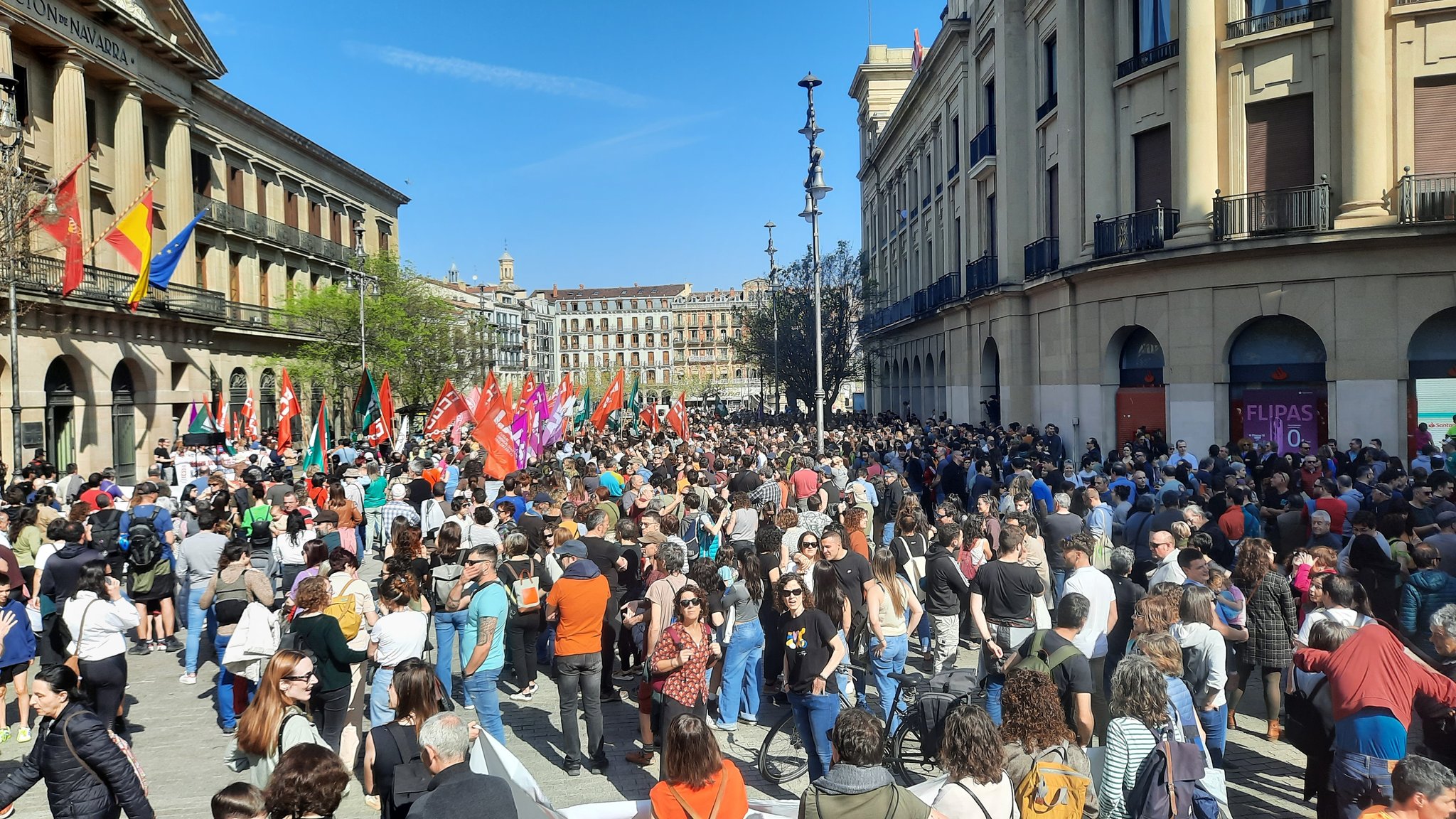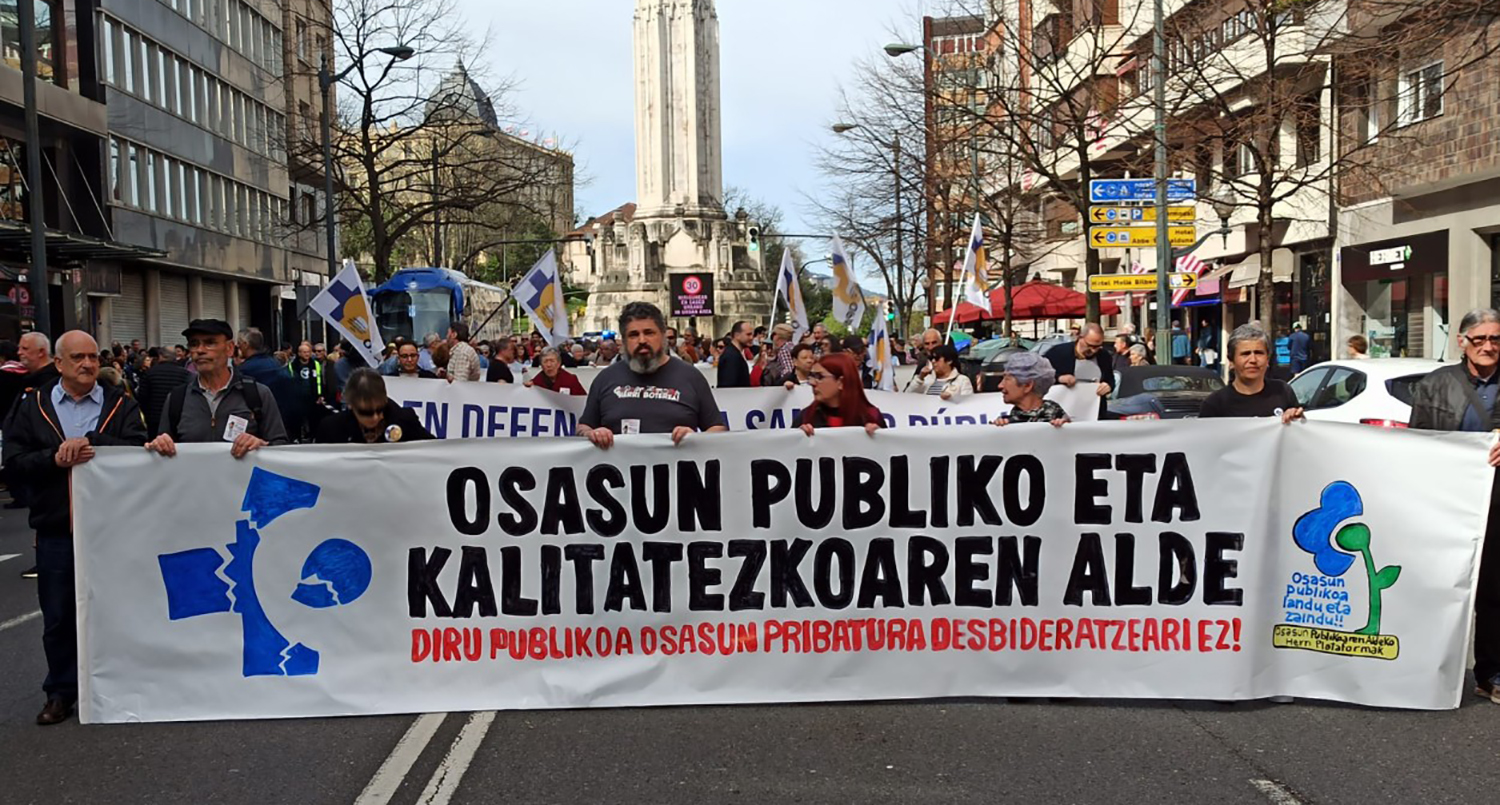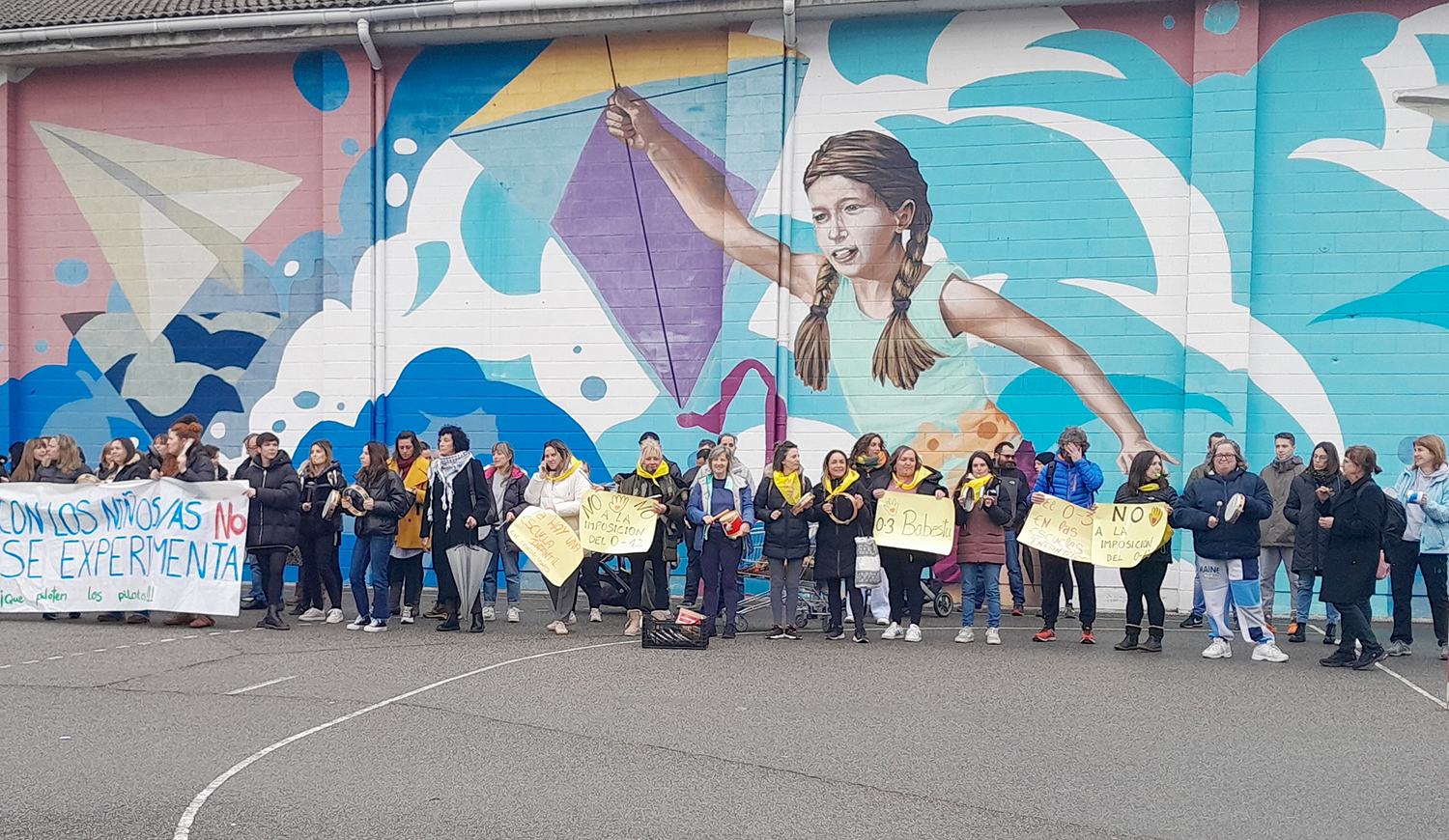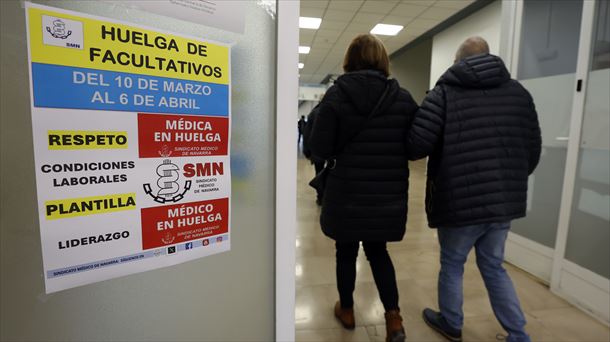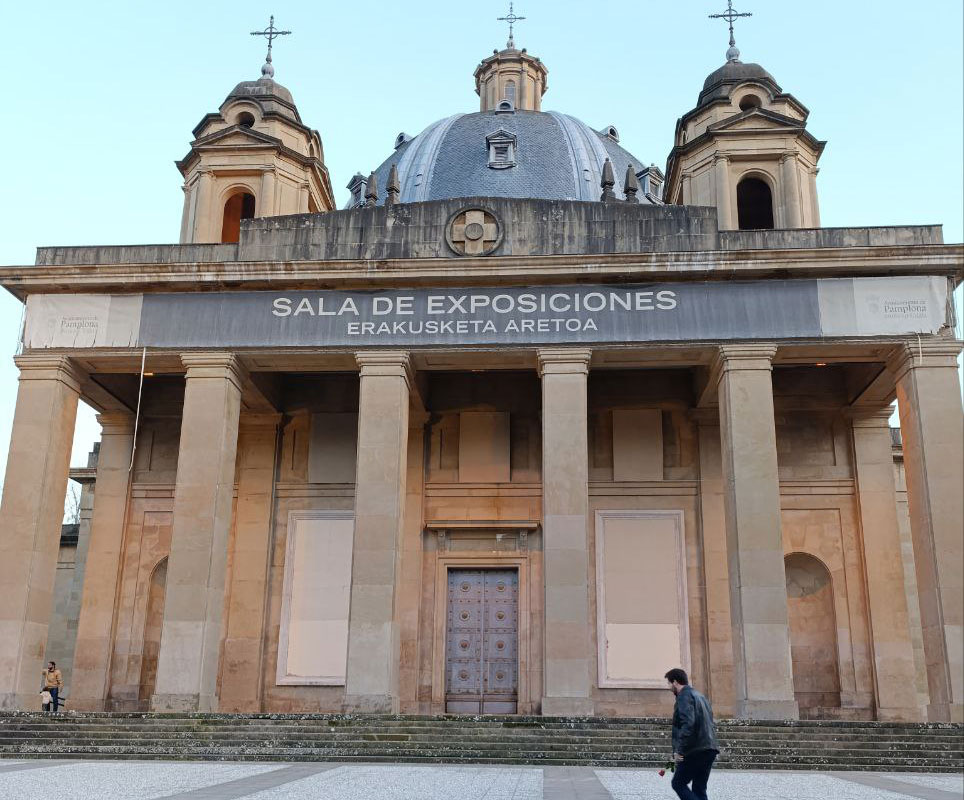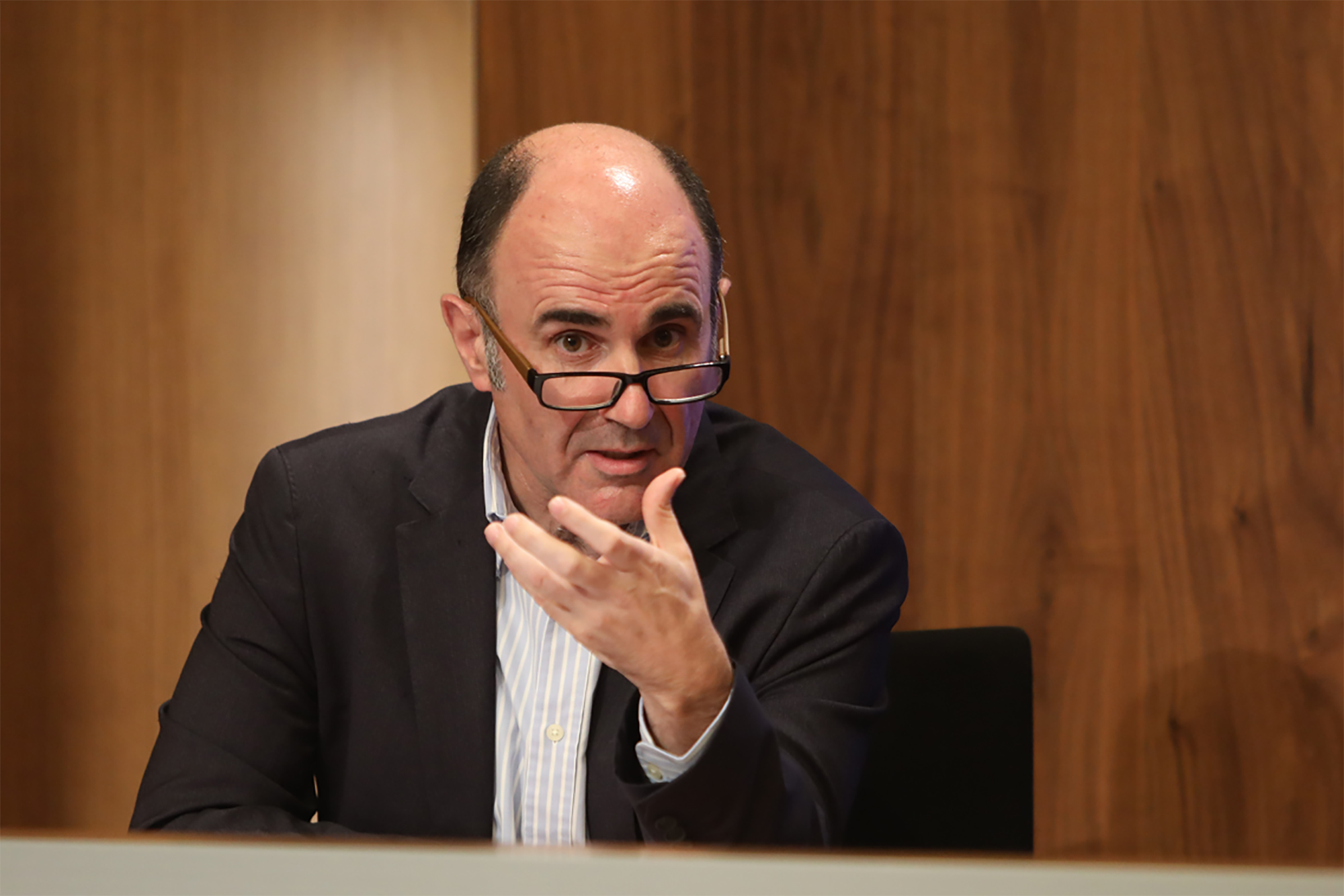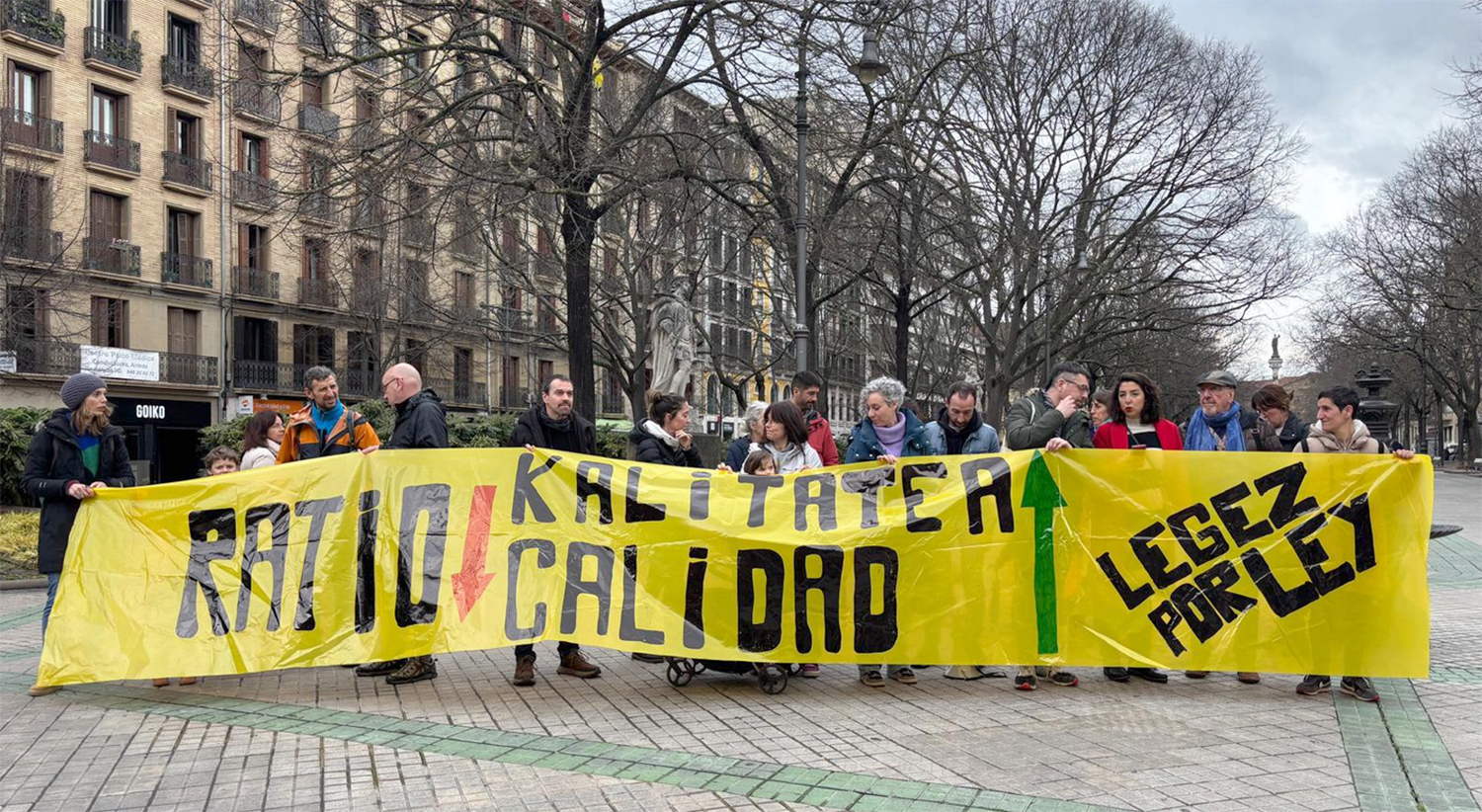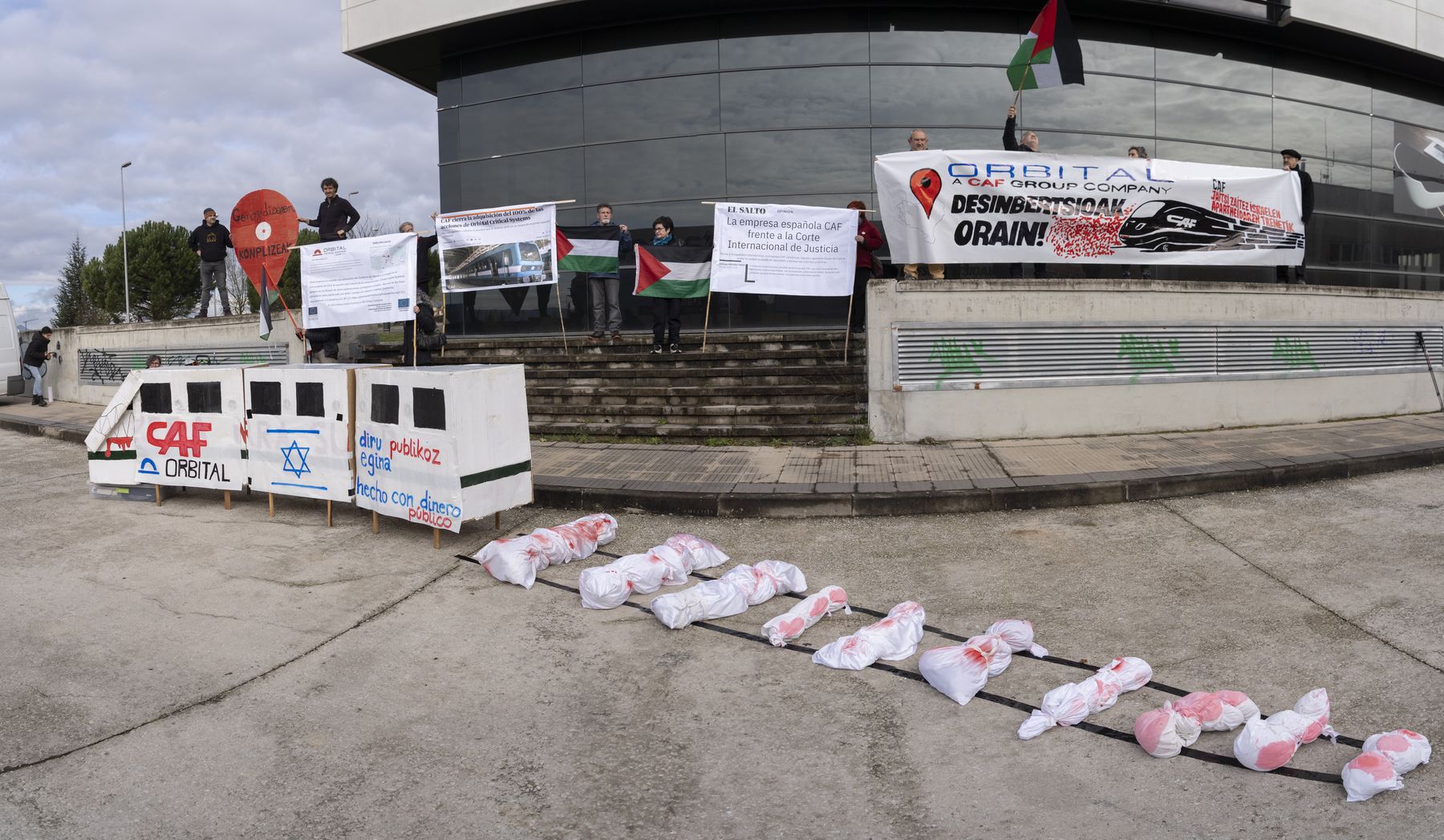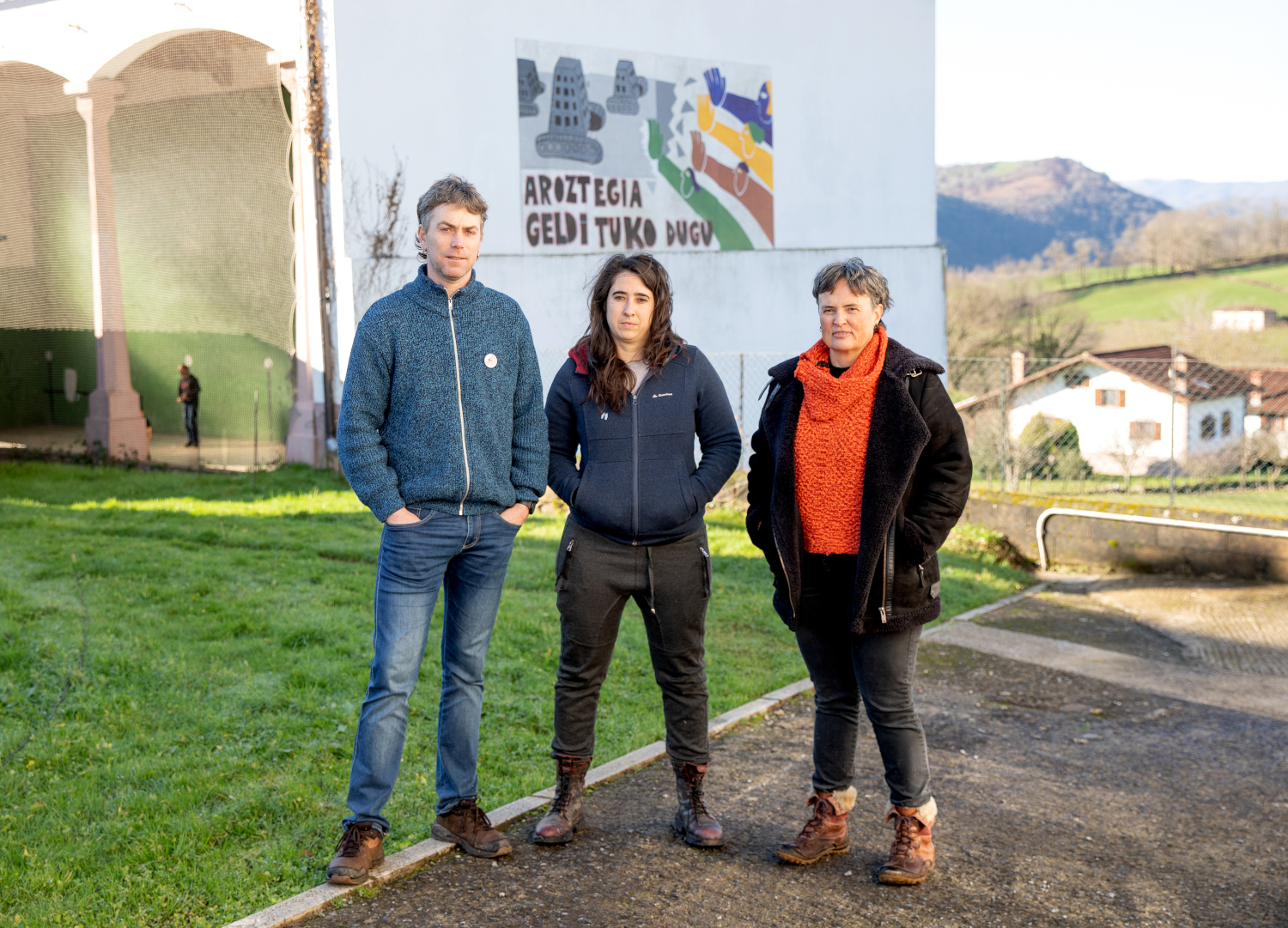Unexpectedly, the independent David Campion, elected president of the Commonwealth of the Region of Pamplona
- In principle, the candidature of Navarre Suma was expected to win, but on Thursday morning EH candidate Bildu Aritz Ayesa and the hitherto lehendakari withdrew their candidature on the grounds that they would try to get an independent person to lehendakari.

According to the count of the last days, Juan José Echeverría, from Navarra Suma, had 23 votes and Ayesa, with 22. The third PSN candidate, Maite Sporrín, had 7. The vote took place on Thursday evening and Ollo Mayor David Campion won 29 votes, including those of EH Bildu, Geroa Bai and the PSN.
The surprise was the attitude of the PSN, which in the opinion of the majority would repeat what happened in the City Council of Pamplona: to present his candidacy not to vote for EH Bildu, thus giving way to the mayor the candidate of Navarra Suma. In the first round, the PSN voted for itself, but in the second, after negotiating with Campión, voted for it. Sporrín later explained that this was the result of the vote, after Campion announced that he would comply with the socialist programme.
When he took office, Campión sent two main messages to the municipal representatives: on the one hand, that he himself will delve into the line that the Commonwealth has taken in recent years, constituting a large government team. On the other hand, it clearly underlined its independence.
The mayor of Pamplona, Enrique Maya, described the PSN's position as theater and accused EH's candidate Bildu of giving his vote. In any case, the situation has again reflected the situation that is being experienced in the City Hall of Pamplona: that it has the mayor, but that often UPN cannot take forward its intentions because the opposition joins.
Knot of Imarcoain
Transport and waste are one of the main challenges for the community. On the one hand, the Sustainable Urban Mobility Plan that aims to bring the entire region and, on the other, the Waste Plan of Navarra. In this area, it has drawn up a general plan in which the key component is the waste treatment plant to be built in Imarcoain. Among the difficulties encountered are allegations from various groups of citizens and from UPN to the mayor of Noáin. The Company of the Three Rs, dedicated to Subai Erakuntza and the world of waste, has also criticised the project, especially because in the treatment of waste there is re-use of centralisation rather than decentralisation, building small treatment centres as close as possible to waste generation areas.
Itxaron zerrendak gutxitzeko Osasunbideak hartutako estrategiak gaitzetsi ditu Plataformak
Mahai Orokorreko sindikatuek salatu dute Gobernuak utzikeriaz jokatu duela ordezkaritza sindikalarekin negoziatzerakoan, horren adibidea da Estatutu berriaren negoziazioan ezarri duen blokeoa. Gobernua Mahai Orokorrean gai horiek guztiak negoziatzera esertzeko ahalegin ugari eta... [+]
Haurreskolara beharrean, 0-3 urte bitarteko umea zuzenean ikastetxera bidaltzea, Haur eta Lehen Hezkuntza osoa (12 urtera arte) hartzen dituen zentro berera. Hori da Nafarroako Hezkuntza Sailak Burlatako Hilarion Eslava ikastetxean martxan jarriko duen proiektu pilotua eta... [+]
Maite Nosti diputatuak kargua utzi du alderdiarekin izandako desadostasunengatik, eta horrek kide bakar batekin utzi du alderdi faxista, talde mistoan sartzera behartuz.
Astelehenean abiatu da sindikatuak deitutako greba eta apirilaren 6 arte luzatuko da. Lan-gainkarga salatu eta baldintzak hobetzeko eskatu dute, baita mediku egoiliarrei karrera profesionala aitortzea ere.
33/2013 Foru Legeari Xedapen gehigarri bat gehitu zaio datozen aldaketak gauzatu ahal izateko, eta horren bidez ahalbidetzen da “erregimen frankistaren garaipenaren gorespenezkoak gertatzen diren zati sinbolikoak erretiratzea eta kupularen barnealdeko margolanak... [+]
Geroa Baiko lehendakari eta Nafarroako lehendakariorde izandakoa enpresa bati 2,6 milioi euroko diru-laguntzak ustez modu irregularrean emateagatik zegoen auzipetuta, Davalor auzia deiturikoan. Nafarroako Probintzia Auzitegiak erabaki du auzia behin betiko artxibatzea, legalki... [+]
Seme-alabek eskolan dituzten ratioekin kezkatuta, Arartekoari kexa helarazi zion guraso talde batek, eta orain zuzenean Parlamentuari egin diote eskaera, “legez berma dadin gure seme-alaben hezkuntzaren kalitatean oinarrizkoa den neurria, unean uneko aurrekontuez edo... [+]
Nafarroako Gobernuak ofizialki aitortu ditu gure lurraldean giza eskubideen urraketa larriak jasan zituzten Estatuaren indarkeriaren beste zazpi biktima. Horien artean, hitzez hitz “motibazio politikoko biktima gisa” aitortzen ditu Patxi Erdozain, Eneko Compains,... [+]
11 doctors in health care earn 230,000 euros each year, one of the practices 18,000 euros
This Thursday, EH Bila asked the Government of Navarre to investigate and correct this situation in the plenary session of the Parliament of Navarre. The UPN and the PP have joined the... [+]
Ilbeltzeko igande goiz batez jo dugu Baztanera. Eguzkiak oraindik ez du Lekarozko plaza argitu; bertan elkartu gara Garbiñe Elizegi Narbarte, Itziar Torres Letona eta Ernesto Prat Urzainkirekin. Itzaletan hotz egiten du eta umorez goxatu dugu lehen agurra, hogei urtean... [+]








